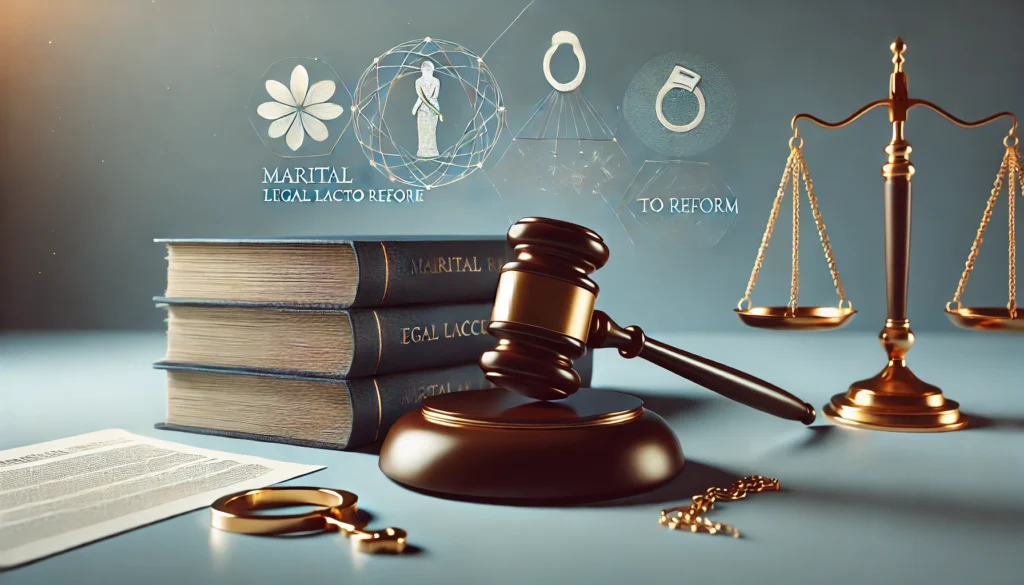Published On: 12th October, 2023
Oriental Insurance Co. Ltd. v. Syed Ibrahim (2007) 11 SCC 512
FACTS OF THE CASE
On November 20, 1994, a child aged seven years lost his life in an accident. The parents (hereinafter referred to as claimants) of the deceased child filed a claim petition before the Motor Accidents Claim Tribunal, Shimoga. Considering the materials on record, the Tribunal awarded a sum of Rs.51,500/- as compensation on 18.01.2000. The owner of the lorry bearing registration No.MYJ-6666 filed an appeal before the Karnataka High Court questioning the correctness of the order passed by the Tribunal fixing the liability on him to pay the compensation awarded. The claimants filed cross-objections for enhancement of the compensation. The High Court by the impugned order enhanced the sum to Rs.1,52,000/-. An appeal was filed before the Hon’ble Supreme Court concerning the order passed by a learned Single Judge of the Karnataka High Court.
PROCEDURAL HISTORY
The appellant (hereinafter referred to as the ‘insurer’) was directed by the Karnataka High Court to indemnify the award. The insurer’s stand before the Tribunal and the High Court was that the driver driving the lorry was not authorized to drive the lorry because he was only licensed to drive a Light Motor Vehicle (in short, the ’LMV’). When the accident took place, i.e., on 20.11.1994, the driver was authorized to drive LMV. Subsequently, on 11.10.1996 at the time of renewal of his license, it was endorsed that he was authorized to drive a Heavy Goods Vehicle (in short, the ’HGV’).
The High Court believed that the owner was not expected to know what type of license the driver possessed. If the driver was authorized to drive one type of vehicle and was driving another type of vehicle, it cannot be said that there was a willful breach on the part of the insured. The insurer was required to prove that there was a violation of the terms and conditions of the policy and a willful breach on the part of the insured as he was holding the license to drive any type of vehicle for which he was not licensed. It was noted by the High Court that the owner of the vehicle may not be knowing as to what was the nature of the license held by the driver. As a result, the amount of compensation was increased, and the appellant was found responsible for paying the whole amount.
ISSUES INVOLVED
Whether the insurer liable to indemnify the award as directed by the Karnataka High Court?
HOLDING
The Hon’ble Supreme Court held that the insurer was not liable to indemnify the award as directed by the High Court. However, the quantum, as awarded by the Tribunal and deposited under the order of the Supreme Court dated 29.4.2005, was maintained. The claimants were permitted to withdraw the amount so deposited along with accrued interest.
RATIONALE
Allowing the appeal, the Hon’ble Supreme Court held that when the deceased is a child, earning nothing but having the potential to earn, the topic of determining compensation becomes more difficult. In these situations, estimating the compensation amount requires much speculation. The reason is that at such a young age, there are so many uncertainties regarding his academic endeavors, professional successes, and further advancement in life that nothing can be assumed with a reasonable degree of assurance. The parents’ ages would be a crucial consideration in circumstances where they are the claimants.
The Supreme Court in Lata Wadhwa and Ors. v. State of Bihar and Ors.[1], while computing compensation made a distinction between the deceased children falling within the age group of 5 to 10 years and the age group of 10 to 15 years.
In addition, the Hon’ble Court relied on the Swaran Singh[2] case and held that the appellant insurer was not liable to indemnify the award. However, considering the decision in National Insurance Co. Ltd. v. Kusum Rai and Others[3], the Hon’ble Court held that the quantum, awarded by the Tribunal is maintained and claimants are permitted to withdraw the amount.
Reference(s):
[1] (2001) 8 SCC 197
[2] (2004) 3 SCC 297
[3] (2004) 6 SCC 250




